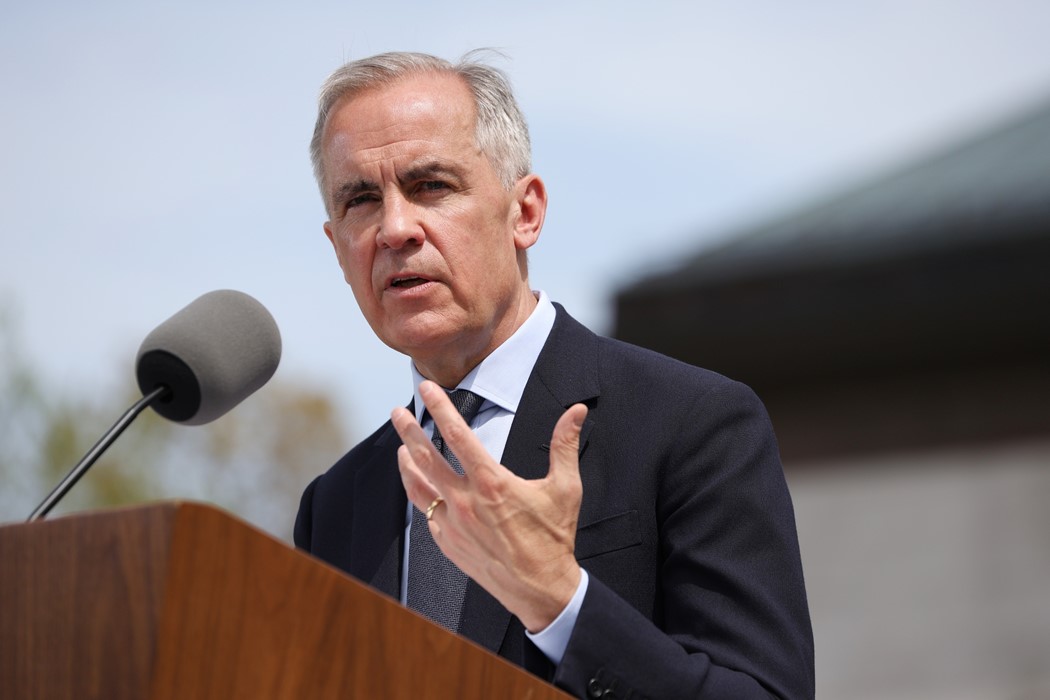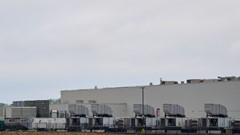Carney Says He’s Open to Changing Green Laws to Boost Energy Projects
May 14, 2025 by Bloomberg(Bloomberg) -- Prime Minister Mark Carney said he’ll consider altering environmental regulations passed by his predecessor, Justin Trudeau, in order to facilitate investment in major projects in Canada, including oil and gas pipelines.
“We will change things at the federal level that need to be changed in order for projects to move forward,” Carney told CTV News in an interview that aired Tuesday, shortly after his new cabinet was sworn into office.

Asked if those changes might apply to C-69 — legislation that created new rules for environmental assessments — or to a proposed cap on oil and gas industry emissions, he replied: “Absolutely it could include both. But I’m not going to do it conceptually. I’m going to do it on specifics, do it for moving forward.”
The two laws have been regularly cited by Pierre Poilievre, leader of the opposition Conservative Party, as impediments to major conventional energy developments. Before entering politics, Carney wrote and spoke at length about the importance of transitioning away from hydrocarbon-based energy to fight climate change.
His Liberal government faces a tense relationship with the premier of the oil-rich province of Alberta, where some are even agitating to secede from Canada.
Former central banker won Canada’s April 28 election, with his Liberal Party winning the most seats but falling just short of a House of Commons majority. The new energy minister is Tim Hodgson, a former director of Ontario electricity utility Hydro One Ltd. and Canadian oil producer MEG Energy Corp., and previously the CEO of Goldman Sachs Group Inc. in Canada.
Carney said his plan to make Canada a superpower “in both clean and conventional energies” involves using domestic oil and gas production to displace imports — particularly from the US — as well as increasing exports. But it also means Canada should play a major role in nuclear and hydroelectricity, and possibly carbon capture and storage technology, he added.
He declined to say whether he trusts US President Donald Trump as the two leaders prepare to negotiate a new economic and security relationship between their countries. Carney said it’s an advantage to Canada that the US-Mexico-Canada Agreement exists and it’s “not right that it’s being violated” by Trump, who has sidestepped the agreement in placing tariffs on products including steel, aluminum and cars.
©2025 Bloomberg L.P.
By


















